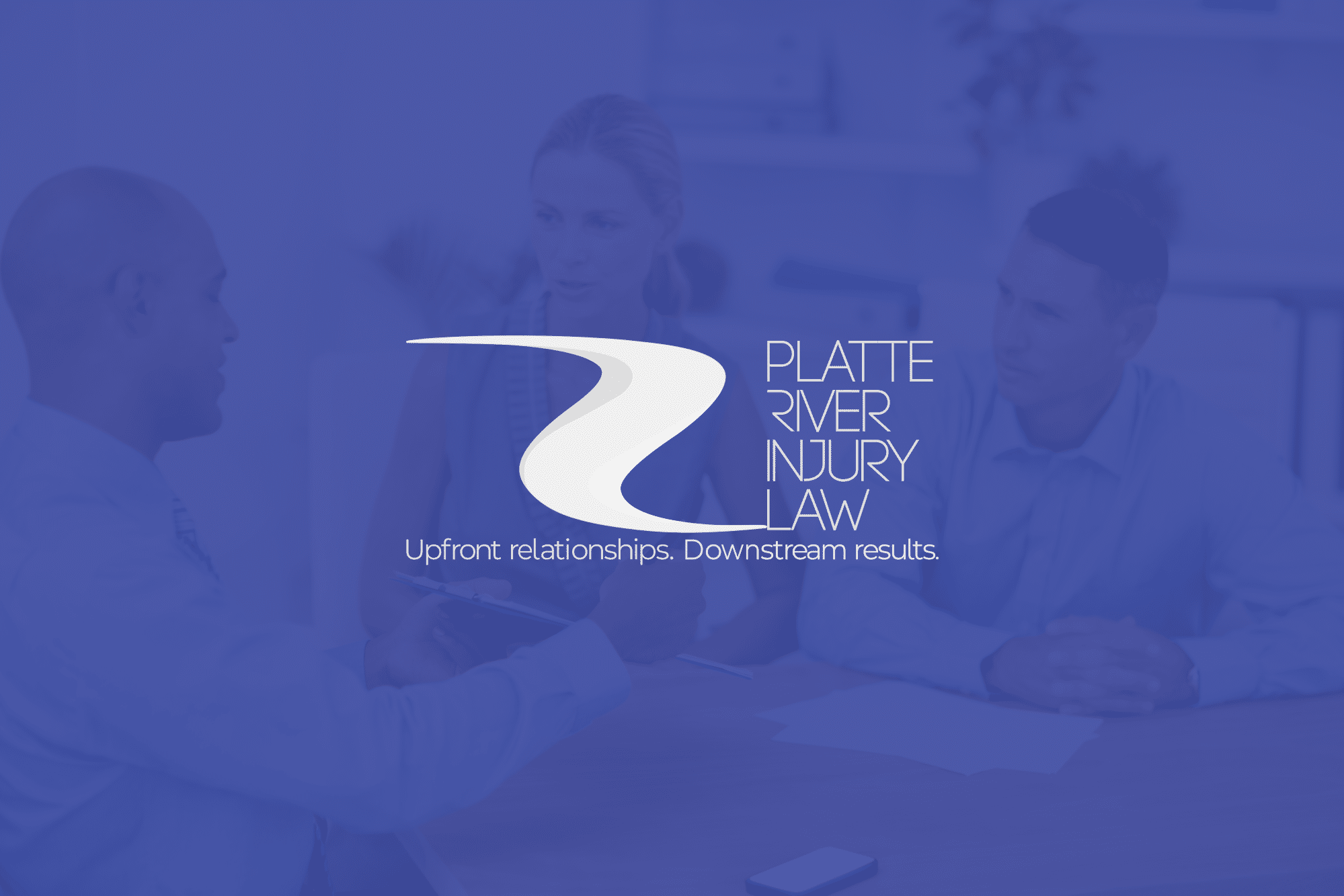After filing a personal injury claim, relying on tips to maximize your compensation is key to getting fair compensation.
What Is a Personal Injury Claim?
A person files a personal injury claim when they suffer injuries and damages due to the actions of another. A personal injury lawsuit is a way for the injured to recover for their losses.
Tips on How to Win a Personal Injury Case
After your injury, it’s important to take certain steps to protect your rights and maximize your personal injury claim. The following list provides helpful information on how to help win a personal injury lawsuit.
Preserve Evidence
One of the most valuable tips on how to win a personal injury lawsuit includes the preservation of evidence. Strong personal injury claims include multiple types of evidence supporting the claim, such as:
- Photographs of the scene,
- Photographs of your injuries,
- Witness testimony,
- A written record of events, and
- Medical records and documentation.
Provide any evidence relating to your personal injury claim to your personal injury attorney.
Get Medical Treatment
If injured, seek medical treatment immediately. All records related to your injury must be retained to support your claim for damages. Ensure your physician provides you with a complete evaluation.
For example, some injuries may present as those that may heal in the short term. However, if an injury causes long-term effects, you should receive a complete diagnosis to ensure you maximize your personal injury claim.
Value Your Claim
Your personal injury attorney works with you to create an accurate valuation of your personal injury claim. Knowing the value of your claim helps guide the negotiation process. It’s important to consider ahead of time what amount you would be willing to accept.
Consider All Damages
You may focus on the physical injuries suffered after your accident. However, it’s vital to consider all possible damages—not just the obvious harm you suffered.
Economic damages
Economic damages represent quantifiable losses proven through evidence. These include:
- Past and future medical bills,
- Property damages,
- Lost wages, and
- Lost earnings.
To help you calculate economic damages, be sure you keep all evidence related to your losses.
Non-economic damages
Non-economic damages represent subjective and intangible losses after an injury. Non-economic damages may include:
- Pain and suffering,
- Emotional distress,
- Loss of enjoyment, and
- Disfigurement.
Despite the difficulty in quantifying non-economic damages, these damages are no less important than economic damages. Often representing the emotional and long-lasting impact of your injuries, non-economic damages are a vital part of your personal injury claim.
Statute of Limitations
The statute of limitations on a personal injury claim is a limit on the time permitted to file your claim. Failing to file within the designated time period may bar you from bringing a claim.
A party in Wyoming must initiate their personal injury lawsuit within four years from the date of their injury. However, the statute of limitations does not require the lawsuit to reach a resolution within this time period.
Contact Us
Attorney Jeremy Hugus of Platte River Injury Law believes in the stories of his clients. The team at Platte River Injury Law treats each person as an individual. We never employ cookie-cutter strategies in our representation. We build relationships while helping clients get back on their feet.
After suffering a personal injury, you may feel overwhelmed by your recovery and financial burden. We achieve proven results for clients and fight on your behalf. Schedule a personalized strategy session with us today. We are here to help!





